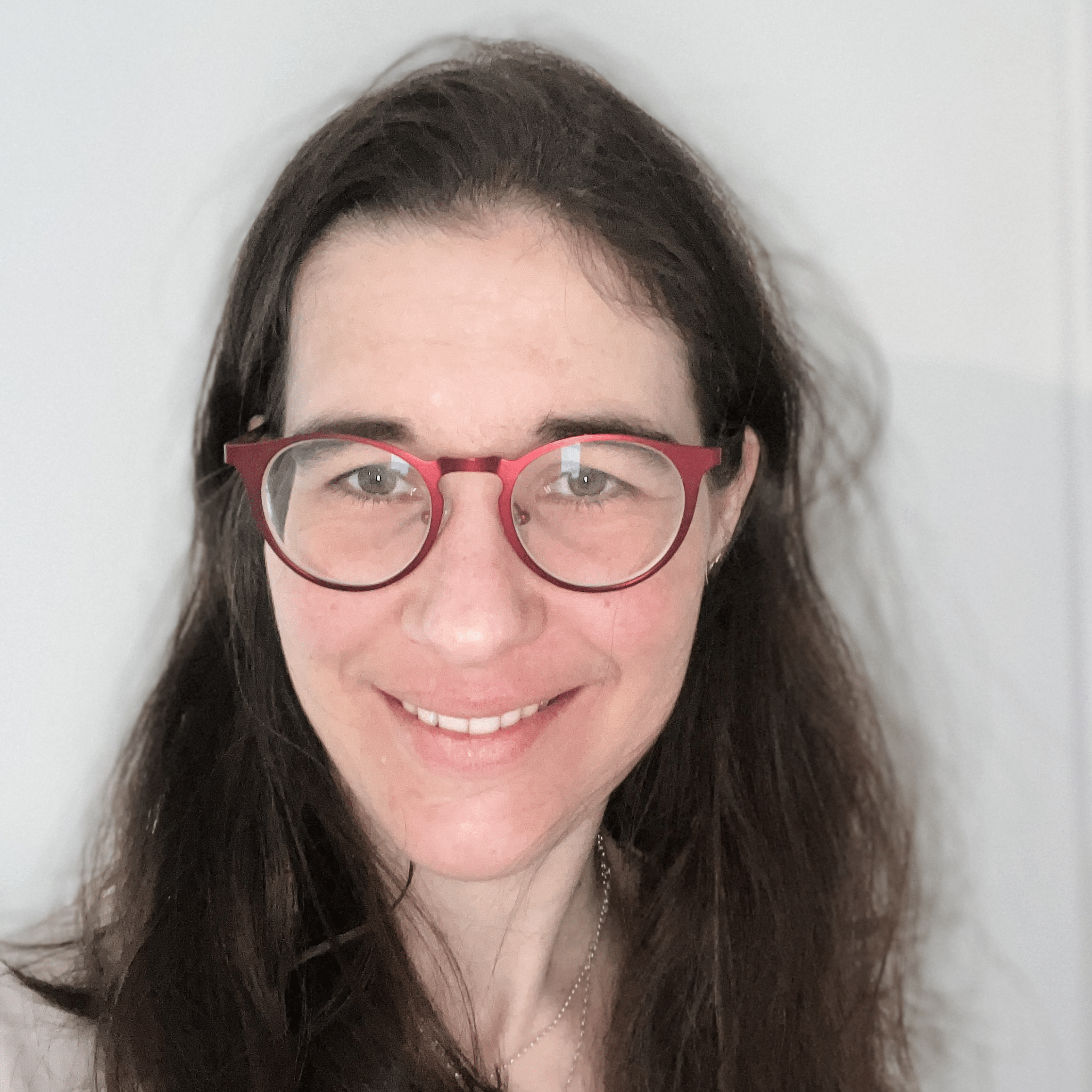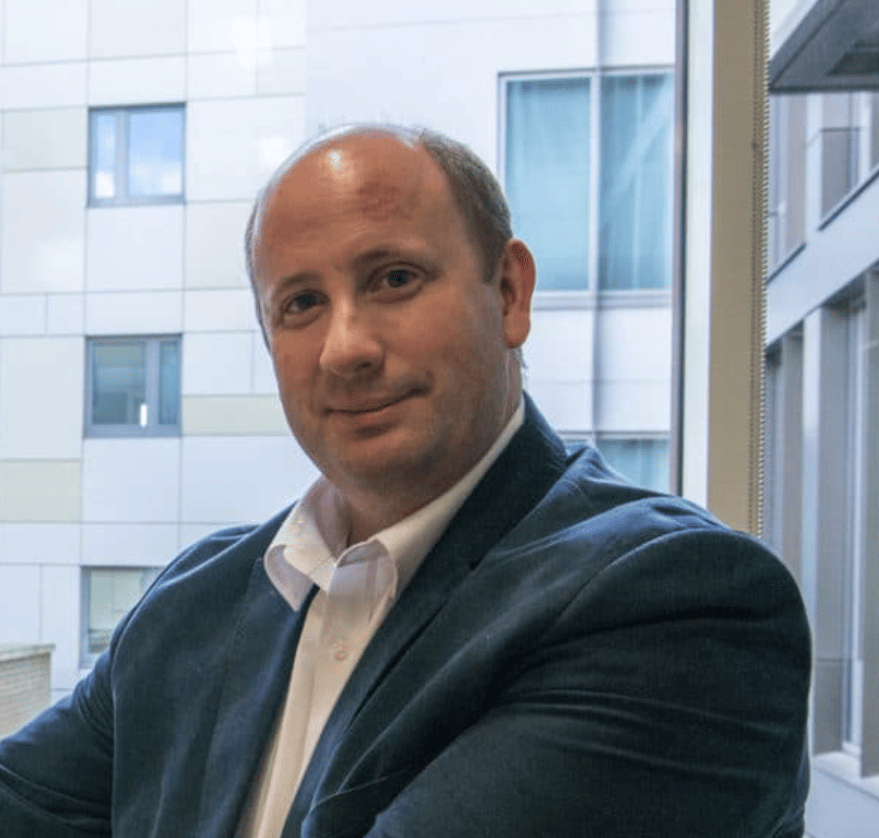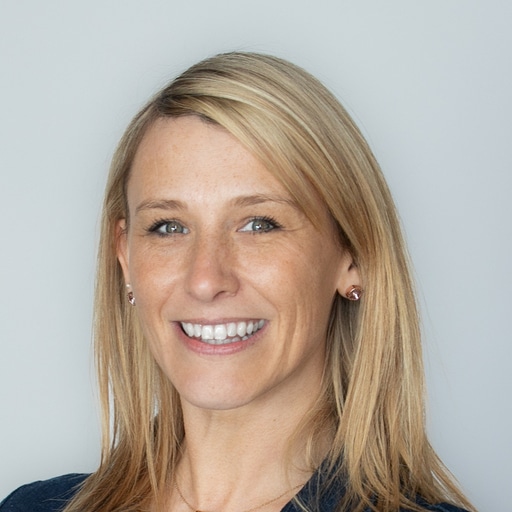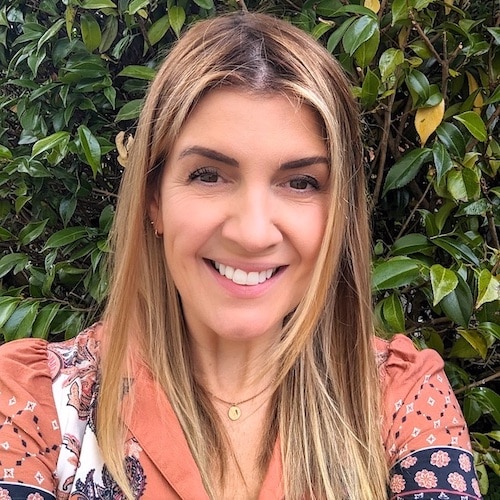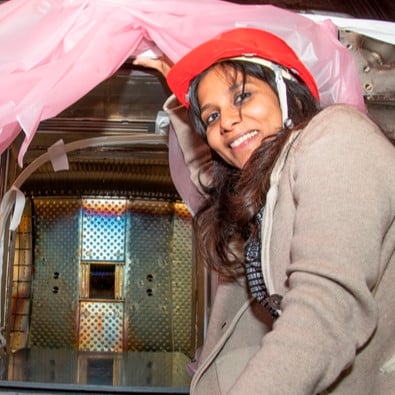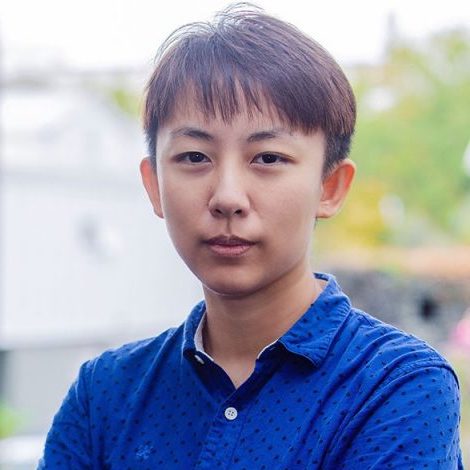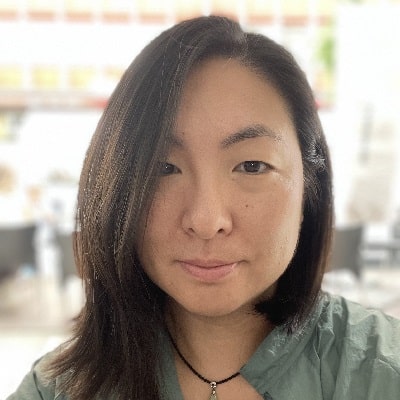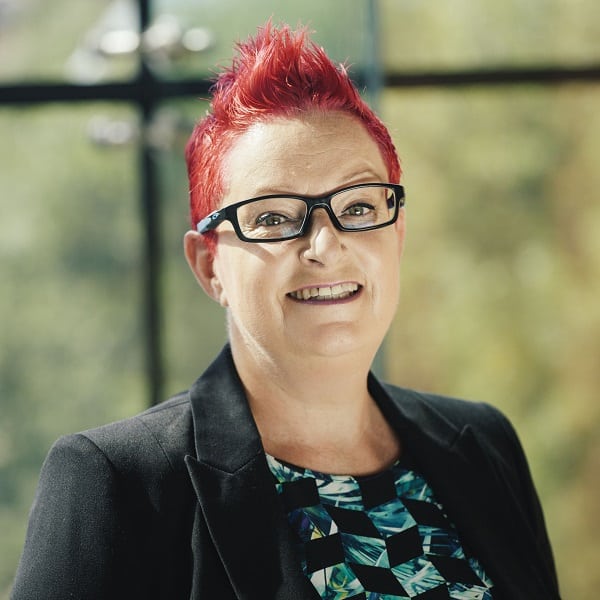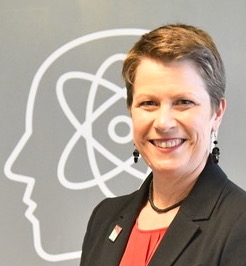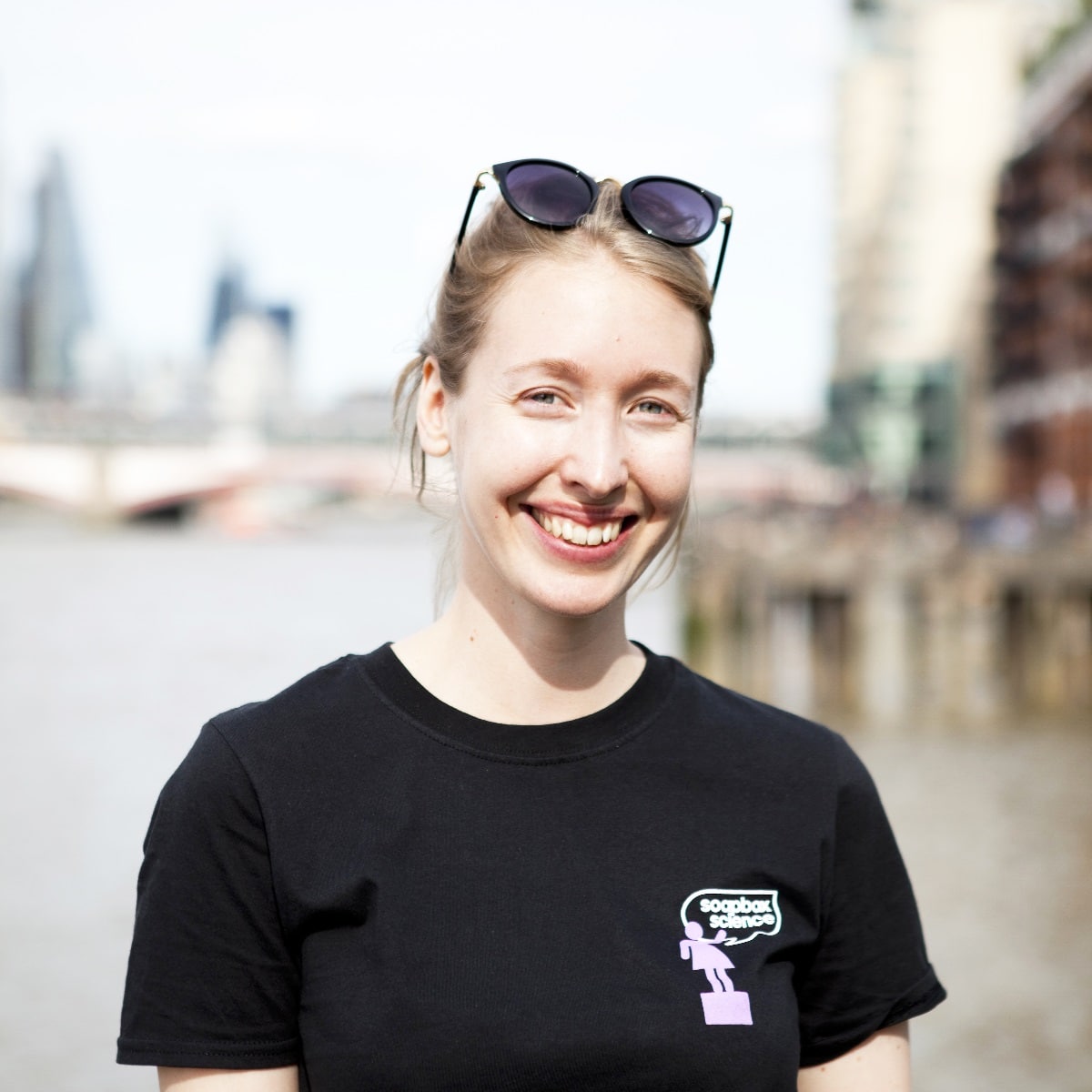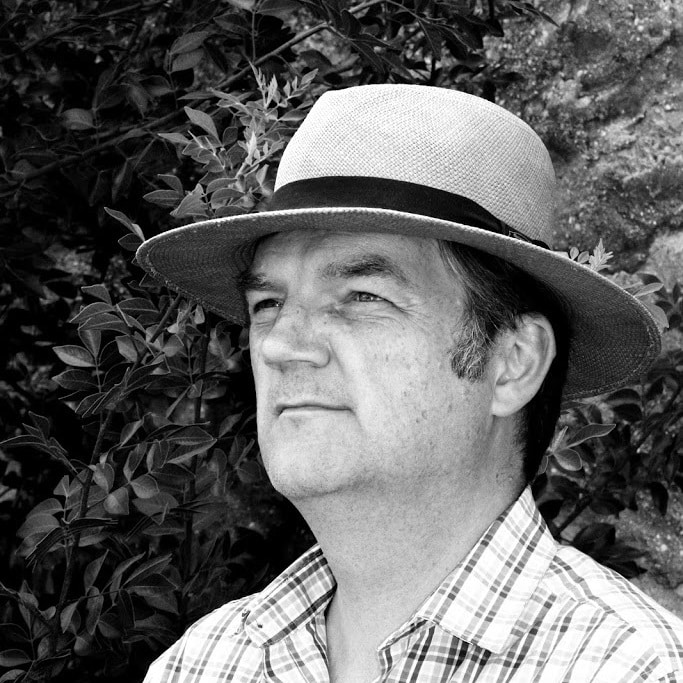The UK Government’s former Chief Scientific Officer, Sir Mark Walport, once said, “science is not finished until it is communicated”. Yet historically we know of so many discoveries and innovations that have sat on literal or metaphoric shelves gathering dust until someone happens upon them and puts them to good use, as the dissemination of findings and engagement with stakeholders has been neglected, with the perceived final output being the publication of research findings.
Given that the best research is done collaboratively, sharing and communicating research findings with other researchers, policymakers, and the public taxpayers who likely funded that work is clearly a good thing to do. But does our current research culture support these endeavours by adding value, or are science communication and public engagement activities still a “nice to have” for those who are in a position where they can balance this alongside research outputs that more traditionally contribute to individual career progression rather than collective progress in research and its impact on society? And what can we as a research community do about it?
This is a question I posed to Mariette DiChristina, current Dean of the College of Communication at Boston University, and former Editor-in-Chief of Scientific American in this week’s TL;DR Shorts episode.
Mariette makes the point that, unless we meaningfully change the way we reward success and see the remit of a researcher more holistically to include and value communications and engagement skills, outputs and impact, and provide opportunities to train researchers in these skills, we will not be adequately preparing our researchers to take part in the best and most collaborative research opportunities. What measures have you encountered that are helping nudge research culture towards one that better values the role of communication and engagement in doing better research? We’d love to hear your thoughts.
If you’d like to suggest future contributors for our series or suggest some topics you’d like us to cover, drop Suze a message on one of our social media channels and use the hashtag #TLDRShorts. Subscribe now to be notified of each weekly release of the latest TL;DR Short, and catch up with the entire series here.



